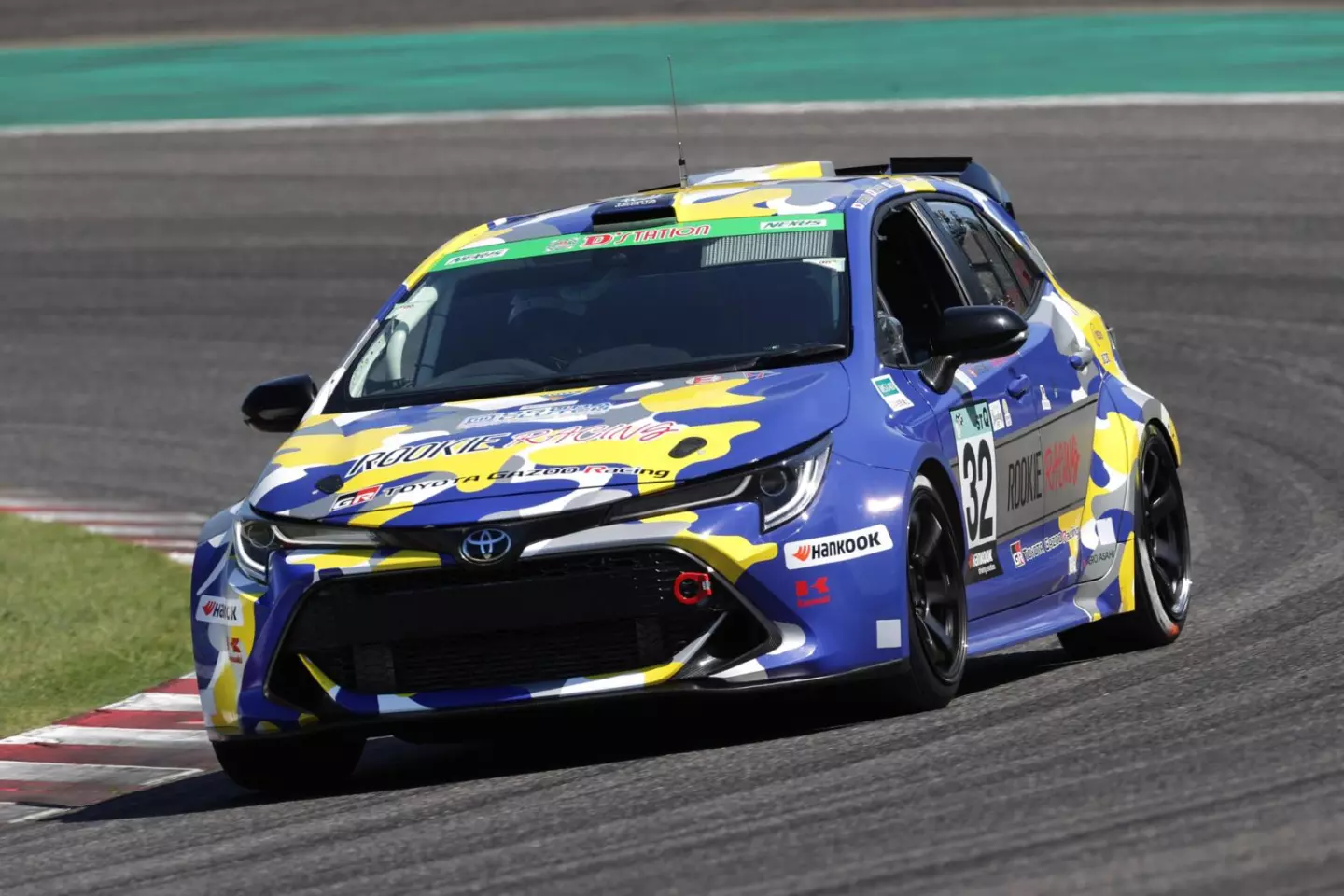Toyota is keeping its bases covered moving into the zero-emissions era, and alongside battery EVs, hybrids, plug-in hybrids and hydrogen fuel cell electrics, it's now announced a road-going hydrogen combustion concept for folk that want to go green without losing the sound and feel of a piston engine.
Battery-electric cars offer extreme performance levels that precious few combustion cars can compete with, but for motorsport fans and revheads who have grown up loving gasoline, the experience of driving EVs can feel a little clinical and emotionless. There's none of the fun of working a gearbox, matching revs to keep yourself in the guts of the power curve, or even just the angry sound of a high-performance engine getting thrashed; there's just a go pedal, a stop pedal, an electric-drill whine and an awful lot of velocity to deal with.
Clearly, zero carbon emissions will be a non-negotiable feature in the coming years. But that doesn't mean there's no room for noisy, mechanical internal combustion engines; green hydrogen burns perfectly well without creating carbon dioxide, and parts of the motorsport world are already committing to hydrogen combustion as a way to deliver long-range, high-performance driving, complete with the fun of noisy exhausts, in a more sustainable way.
Mind you, hydrogen combustion isn't entirely free from harmful emissions. Yes, the chief by-product when you burn hydrogen is pure water, but any high-temperature process that burns air will create nitrous oxide emissions. These might not be greenhouse gases, but they do contribute to toxic smog, acid rain and other immediate health hazards, so hydrogen combustion vehicles will need to run some sort of emissions reduction technology.
Toyota (along with Hyundai) has long flown the flag for hydrogen vehicles; Japan and Korea have committed to the idea of a green hydrogen economy as part of their decarbonization plans, and with many sources reporting that the manufacturing sector is staring down the barrel of a serious squeeze on lithium, cobalt, nickel and other battery metals, a diversity of approaches could definitely prove a strength. Brave owners of hydrogen-powered Mirai and Nexo fuel cell cars currently need to deal with an extreme shortage of refueling options, but this is expected to improve considerably by the end of the decade.
Toyota has already begun racing a hydrogen-burning Corolla – with company President Akio Toyoda at the wheel, no less. It raced this year's 2022 Fuji Super TEC 24 hours in June, and completed 478 laps. It finished last, but the team lost two hours of track time fixing the car up after a crash, and while it was out there it was running competitive lap times.
Now, the company has announced a Corolla Cross H2 concept based around developments made in the race team. It'll use the same 1.6-liter 3-cylinder turbo engine as the GR Corolla, augmented with high-pressure direct hydrogen injection tested in the race car and a fuel tank package adapted from the Mirai. It seats five with room for luggage.
It's already on the street for testing and evaluation, and the team is hoping to put plenty more miles on it through the (Northern Hemisphere) winter to learn more about its low-temperature suitability. Toyota says this machine is "around 40% along the path to commercialization," but it's not committing to taking a hydrogen-burning street car through to production at this stage.
Source: Toyota











